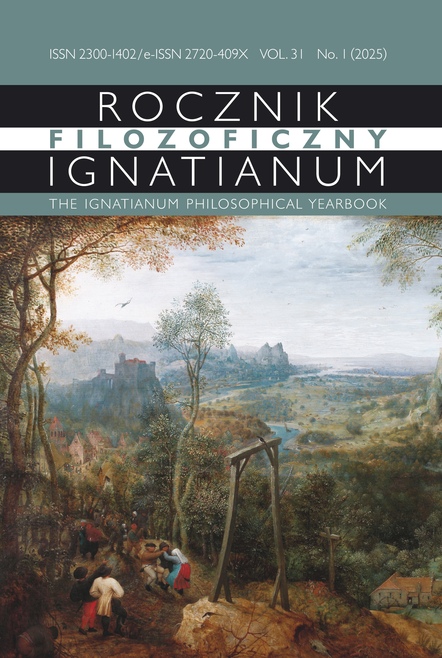The Role of Gifts and Rewards in the Diplomatic Mission of Cardinal Enrico Caetani to the Kingdom of Poland in 1596–1597
Abstract
The article analyzes the issue of gifts and rewards in Cardinal Enrico Caetani’s diplomatic mission to the Kingdom of Poland in 1596–1597, within the context of negotiations concerning the organization of the anti-Turkish Holy League. Drawing on the legate’s correspondence and the travel diary authored by Giovanni Paolo Mucante, the author describes examples of rewards employed at the time and their influence on the relationships between the Catholic Church, secular authorities, and local communities. The article highlights the practical application of papal plenipotentiary powers held by the legate, which included a range of prerogatives related to resolving legal issues, benefice disputes, granting dispensations, and imposing ecclesiastical sanctions. According to the author, the reward system was not merely a tool of control but also a mechanism for fostering a sense of community during periods of religious and political tensions. Special emphasis is placed on receptions, hospitality, and the exchange of gifts during Cardinal Caetani’s stay in Kroměříž, Kraków, Warsaw, and Olomouc. Gifts exchanged between dignitaries on both sides held particular significance. The cardinal was hosted with great splendor by Bishop Stanisław Pawłowski in Kroměříž and resided in Cardinal Jerzy Radziwiłł’s palace in Kraków, where his comfort was personally ensured by the host.The course of Cardinal Caetani’s mission serves as a valuable example of the use of diplomatic and religious tools to strengthen the authority of the Roman Church in Central Europe during the early Counter-Reformation. Special attention is given to the diversity of approaches in Catholic and Protestant regions, such as Poland, Silesia, and Moravia. The article demonstrates how ceremonial gestures and gifts were utilized to foster social integration, strengthen loyalty to the Holy See, and counteract the influence of the Reformation.
Copyright (c) 2025 Ignatianum University in Cracow

This work is licensed under a Creative Commons Attribution-NoDerivatives 4.0 International License.
The Yearbook only accepts materials for publication that are free of all conflicts of interest, and that in no way involve conflicts over authorship, copyright, etc. The Editors will take action against any cases of plagiarizing, ghostwriting1, guest/honorary authorship2, etc. Where co-authored work is concerned, the Author listed first is expected to take responsibility for the submission, and is required to make clear the contributions of all of the Co-Authors involved. In the event of the publication owing its existence to funding dedicated to this purpose, this fact should be made clear: e.g. in any note of thanks/acknowledgement, or in a footnote, etc. Explicit notification should be given of any form of reprinting, with the appropriate evidence of permission to publish being furnished as required. Any impropriety on the part of Authors/Reviewers risks exposing them to appropriate responses from the relevant institutions.
______
1 This term refers to instances of a person who has made an essential contribution being omitted from the list of authors, or from notes conveying gratitude and/or acknowledgement.
2 This occurs when a person who has made either an insignificant contribution or no contribution at all nevertheless appears on the list of authors.





